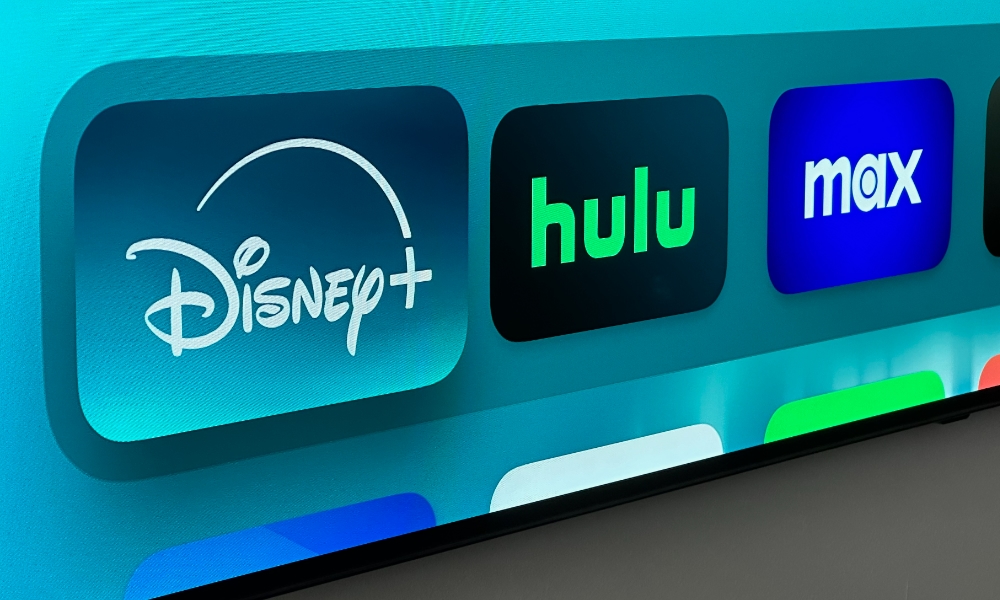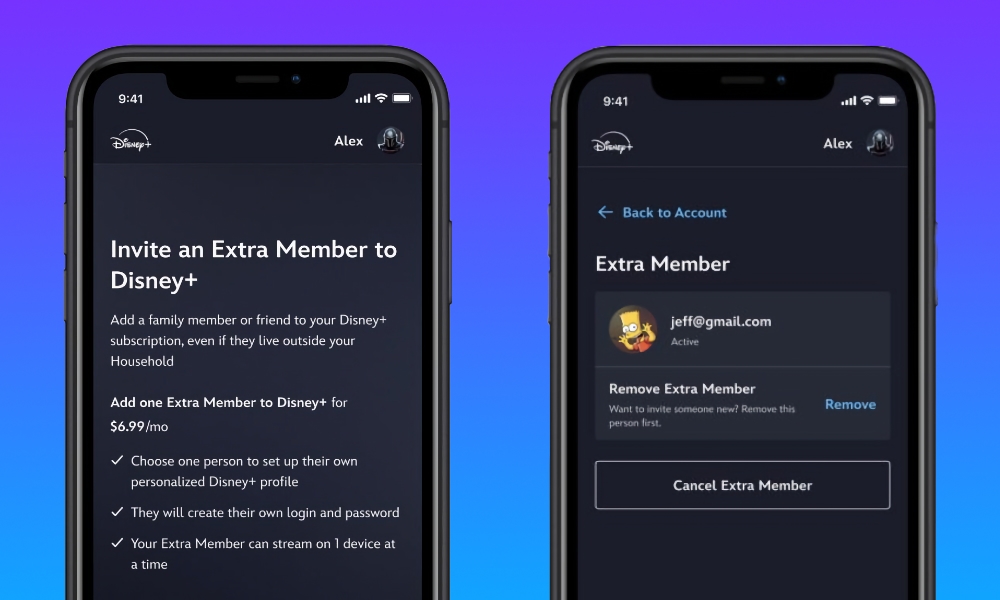Max Joins the Password Sharing Crackdown Fray
 Credit: BoliviaInteligente / Unsplash
Credit: BoliviaInteligente / Unsplash
Toggle Dark Mode
We knew it was coming, but Max will soon begin notifying customers of its own password-sharing crackdown, joining other streaming giants like Netflix and Disney in forcing accounts to be used solely within a single household.
The service formerly known as HBO Max announced its plans to crack down on password sharing earlier this year, suggesting it would begin testing the initiative in late 2024 before conducting “a broader rollout in 2025.”
Now, it looks like the streamer is ready to take the first steps. According to The Verge, it will soon begin using what it calls “very soft messaging” to gently remind subscribers that they’re not supposed to be sharing their subscriptions with others outside their household.
Gunnar Wiedenfels, Warner Bros. Discovery’s chief financial officer, shared the news during the company’s Q3 earnings call yesterday, describing it as effectively a price increase since it’s “asking members who have not signed up, or multi-household members to pay a little bit more.”
The move follows both Netflix and Disney, although Max may be forced to take a slightly different approach as it’s a US-only service. When Netflix became the first to experiment with blocking password sharing, its global reach allowed it to try it out in four South American countries a year before it began officially rolling it out. Even then, it was a slow and phased approach; Netflix started with Canada, New Zealand, Portugal, and Spain in early 2023 before bringing it to the US in May.
Disney announced its own plans two months later, but it’s fair to say that it wasn’t nearly as good at communicating those plans to customers as Netflix was. From the start, Netflix made it clear how its password-sharing crackdown would work and what customers would need to pay to add extra member accounts. By contrast, Disney quietly began trialing changes in Canada last fall and started its US crackdown in February. Yet, it took until September to hear how much extra member accounts would cost.
Reading between the lines on statements from Disney execs, it seems like the company’s strategy may have been to encourage more folks to become full subscribers on their own before it offered a more affordable “extra member” alternative. However, like Netflix, Disney’s extra member accounts still need to be paid for by the primary account holder, which should be enough to discourage them from being set up too casually. They’re intended more for close family and friends or kids away at college than mere acquaintances from clubs or work colleagues.
There’s every indication that Max will likely follow Disney’s playbook on this one since the streaming giant hasn’t said much about pricing — or even if it will offer an option for “extra members” (although that seems likely). However, unlike Disney, we won’t be able to watch this one unfold in other countries; when it goes live, it will affect US subscribers immediately as that’s the only place Max exists.
Nevertheless, Max plans to give subscribers plenty of warning before it starts enforcing the new policies. The “very soft messaging” suggests that customers will get emails encouraging them to come clean and limit their accounts to a single household. Since Wiedenfels said he expects more progress in 2025 and 2026, it sounds like the hard ban hammer won’t land for another year or so.
Wiedenfels’ comments about the crackdown being a “form of price rises” suggest that Warner Bros. Discovery may hope this move will prevent it from raising its normal prices. However, he also didn’t rule out this possibility, saying that the “premium nature” of the service may justify pushing prices higher.









